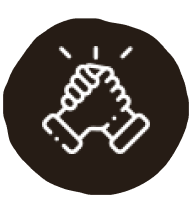Based on previous experience and learning, this project continues a proposal that we started developing in 2020, with the intention of incorporating issues of respect for Human Rights into the public procurement of Barcelona City Council and , by extension, of the rest of Catalan public bodies. Specifically, it aims to strengthen the coherence of policies regarding socially and environmentally responsible public procurement.
We start from a participatory and applied research on lithium extractivism in the Andean salt flats of Argentina (within the so-called ” Lithium Triangle “), identifying the violations of the rights of indigenous peoples generated by mining projects and giving visibility to the global problems associated with the extraction and transformation of raw materials.
The approach of European and state institutions, as the only solution, to replace (and not reduce, for example) all combustion vehicles by electric vehicles, to deal with the climate crisis, leads to an enormous increase in the demand for lithium (up to 60 times more, according to some estimates) and other critical minerals.
This fact will repercuss, as it has always been in the past, in serious affectations in the territories from which everything we need to maintain the way of life in the global north is extracted. Territories that, not by chance, are, too often, irreplaceable places of life for indigenous peoples.
In collaboration with theOPSAL (Plurinacional Observatory of Andean Salt Flats), we elaborate one report on the violations of the rights of indigenous peoples affected by this mining, which is characterized by the massive waste of water in one of the driest regions on the planet (2 million liters of water per ton of lithium carbonate).
We are also producing a documentary about the case , and we will do various activities to make the problem known to Catalan citizens (webinar, participation in conferences, campaign on social networks, etc.). In addition, we will transfer learnings and work in coordination with groups such as Lafede’s Business and Human Rights Axis, the Socially Responsible Public Procurement Group or the Global Campaign for the Binding Treaty on Business and Human Rights.
As tools that can be useful in public procurement, we point to the detection of Human Rights violations committed in the extraction of lithium through a series of indicators that allow their evaluation, and we try to decipher the traceability of lithium in its entire transformation chain, from the mine to the vehicle, being aware of the great technical and legal difficulties to affect public procurement processes.




